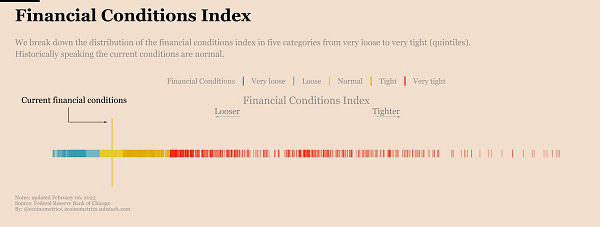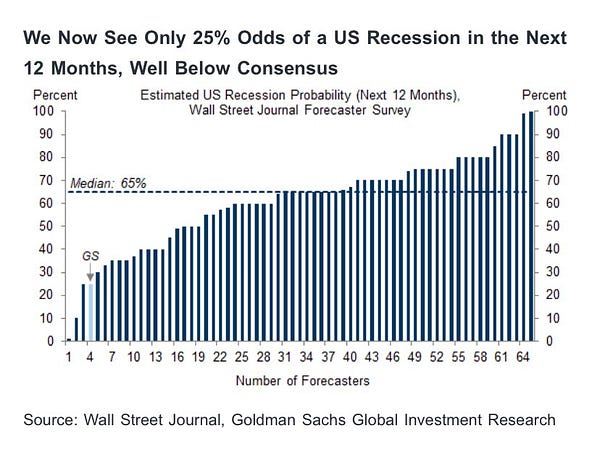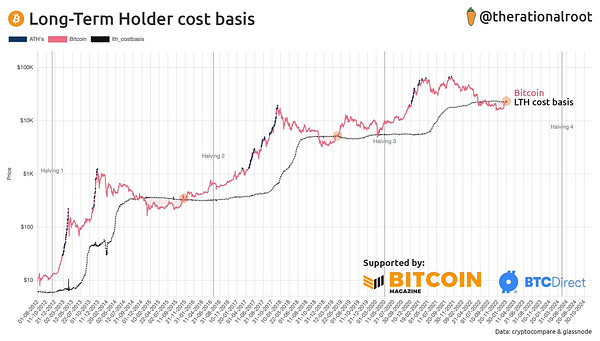Riding The Wave News Summary 119
CoinGecko and 21Shares propose global crypto classification standard, Crypto exchange Binance will suspend U.S. dollar transfers, & more.
Welcome to Riding The Wave. If you have questions or feedback, please reply to this email. If you are new to the Newsletter, please check out what we provide on our about page and consider subscribing. Within the Newsletter, I provide News Summaries, Weekly Status Updates, & Deep Dive Articles on Specific Topics (Ex: How do I pick which coins/tokens to buy?). More details here
News
Table of Contents
Tweets
CoinGecko and 21Shares propose global crypto classification standard
AI Token Search Traffic Spikes as Crypto Traders Seek Exposure
OpenSea Accused of Theft, Negligence and Extortion by User Suing NFT Marketplace for $500,000
Tweets














CoinGecko and 21Shares propose global crypto classification standard
Major cryptocurrency data aggregator CoinGecko and crypto investment firm 21Shares have joined forces to launch a global standard for classifying various crypto asset.
On Feb. 8, CoinGecko and 21Shares released The Global Crypto Classification Standard report, proposing a uniform method to categorize crypto assets. The effort aims to help investors and regulators better understand the specifics of each asset class in crypto, including potential failures like those seen by the industry in 2022.
At the time of writing, there are more than 12,000 diverse crypto assets listed on CoinGecko’s website, with each coin having its unique characteristics and features. CoinGecko and 21Shares’ classification standard is based on three categorization levels, differentiating these thousands of assets by stack, market sectors, industries and taxonomy.
The first level, dubbed “crypto stack,” breaks down crypto assets into classes like cryptocurrencies, smart contract platforms, centralized applications, decentralized applications, interoperable blockchains and others.
The second level, called “market mapping by sectors and industries,” further divides cryptocurrencies by segments like infrastructure, metaverse and decentralized finance (DeFi), as well as groups like payment platform, lending, developer tooling and others.
The third level, “taxonomy of crypto assets,” classified crypto assets according to related asset “superclass” based on the cryptocurrency taxonomy system proposed by crypto analyst Chris Burniske in 2019. Burniske’s system follows Robert Greer’s 1997 paper, “What is an Asset Class Anyway?” categorizing crypto assets across their superclasses like capital assets, consumable or transformable assets and store of value assets.
Crypto exchange Binance will suspend U.S. dollar transfers
Binance, the world’s largest cryptocurrency exchange, will suspend U.S. dollar deposits and withdrawals, the company said Monday, without providing a reason for the decision.
“We are temporarily suspending USD bank transfers as of February 8th,” a Binance spokesperson told CNBC. “Affected customers are being notified directly.” The company said “0.01% of our monthly active users leverage USD bank transfers” and added that “we are working hard to restart service as soon as possible.”
Binance US, a unit of the company that’s regulated by the Treasury Department’s Financial Crimes Enforcement Network, said in a tweet that it’s not affected by the suspension. Thus the move applies only to non-U.S. customers who transfer money to or from bank accounts in dollars.
Binance’s net U.S. dollar outflow was over $172 million for the day, based on data from DefiLlama. That represents a tiny amount of money for a company that has $42.2 billion worth of crypto assets, according to Arkham.
AI Token Search Traffic Spikes as Crypto Traders Seek Exposure
Keep reading with a 7-day free trial
Subscribe to Riding The Wave to keep reading this post and get 7 days of free access to the full post archives.











